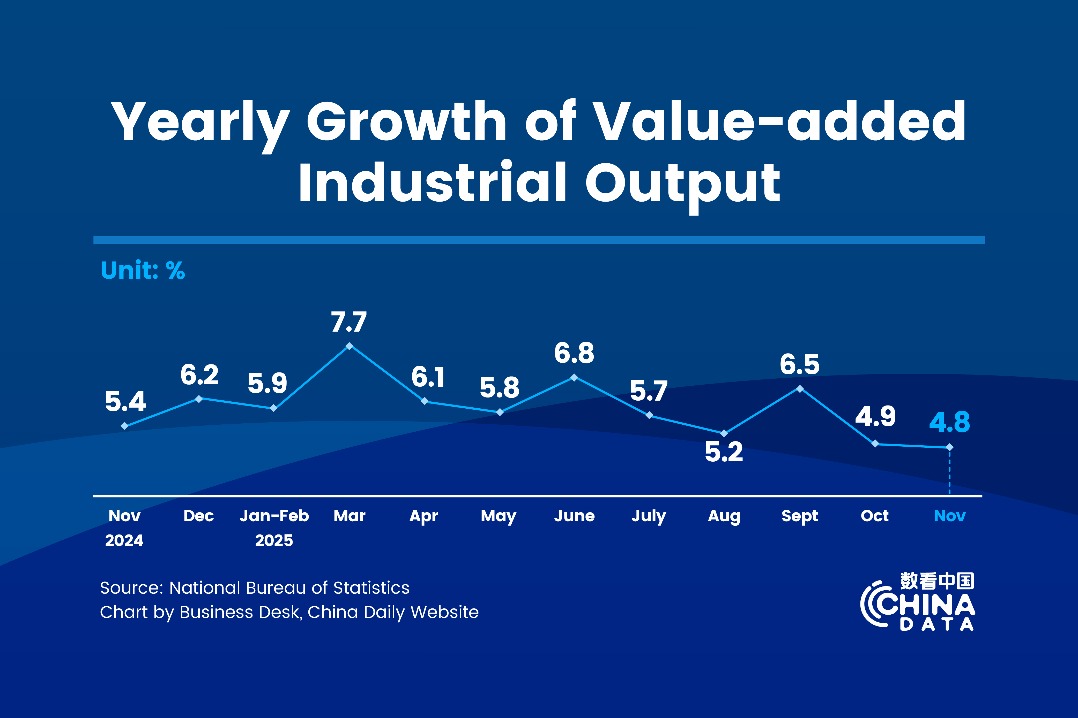Behave, govt warns '618' e-marketers


Ministry ticks platforms off for texting, spamming in the run-up to June 18
With the June 18 online shopping festival-"618"-nigh, China's top industry regulator has asked e-commerce platforms to desist from illegal and pesky marketing practices.
The warning is a response to more and more online sellers targeting consumers with unsolicited marketing messages about offers, promotions, lottery draws, contests, schemes or discounts.
Typically, such short messages are delivered to consumers' short message service (SMS), social media accounts and email.
The Ministry of Industry and Information Technology said it has noticed a spike in some companies' marketing texts that not only violate regulations, but also disturb people's daily lives.
The ministry said it attaches great importance to such problems. It held a meeting on Friday to ask e-commerce platforms to standardize 618 marketing campaigns and to strengthen self-discipline.
Major e-commerce platforms such as Alibaba, JD and Pinduoduo, as well as telecom operators and SMS firms, attended the meeting.
Since late May, the ministry has found that some e-commerce companies have sent unsolicited short messages to consumers, often intruding on the latter's digital privacy.
This trend triggered complaints from exasperated consumers who felt such aggressive marketing infringes upon their rights and interests.
Wang Liming, a white-collar worker in Anyang, Henan province, said she has received dozens of short messages from online stores recently. Some of the stores are those she had never heard of.
"It's very troublesome and annoying. It seems that my telephone number has been leaked to strangers," Wang said.
At the meeting, the ministry highlighted the need to crack down on spammers and protect consumers, a responsibility that, it said, enterprises should also shoulder.
The MIIT also said companies must attach importance to such problems, raise awareness and take effective measures during the pre-audit, in-process monitoring and post-term disposal stages to curb spamming and to ensure consumers' information security is not compromised.
The industry players concerned promised to strictly implement relevant requirements, conduct comprehensive self-examination and self-correction, improve the management system and optimize user services.
"China is deploying more resources like big data and artificial intelligence technologies to crack down on spam and telecom fraud," said Fu Liang, a telecom industry analyst.
As part of telecom operators' efforts to address such challenges, the Zhejiang provincial branch of China Mobile has developed a big data-powered anti-fraud system, called Tiandun (Sky Shield).
The system is equipped with machine-learning technologies. Based on details of a large number of fraud cases provided by police departments, Sky Shield can recognize fraudulent communication behavior, differentiate it from normal calls and intercept spam calls and texts, Fu said.




































